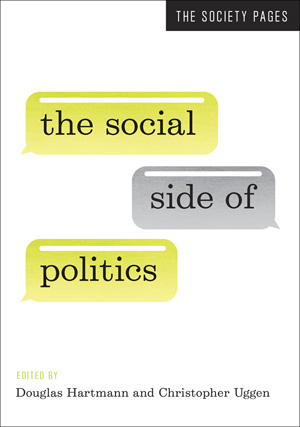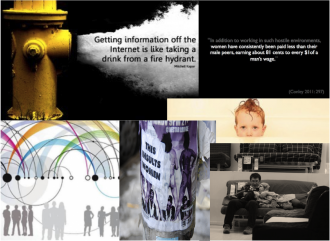
As we head into tomorrow’s Super Tuesday contests, statistics, analytics, and minutia of all sorts are being bandied about, examined for their possible predictions and the clues they can give us about how those who turn out to caucus will make their choices for the presidential candidates who want to represent them. In a classic piece, Skidmore College’s Andrew Lindner looks at how such numbers and stats remain a form of elite knowledge in “The Sociology of Silver,” published online and in our first TSP volume with W.W. Norton & Company, The Social Side of Politics.



